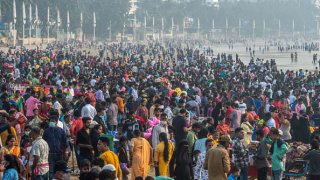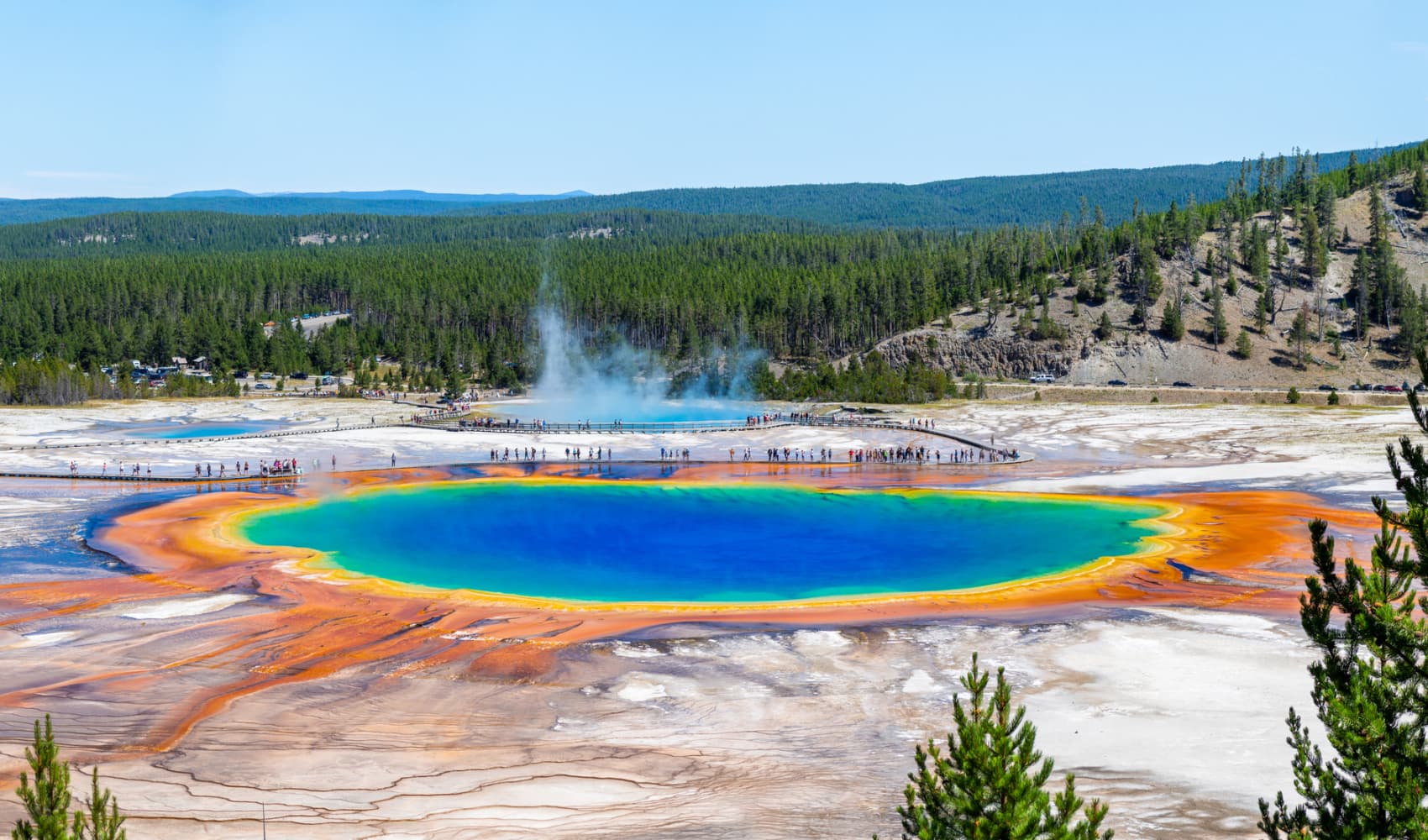
- Mumbai reported more than 15,000 new cases over a 24-hour period on Wednesday.
- India's financial hub Mumbai has a robust health-care infrastructure that can withstand a growing number of Covid cases, the city's governing civic body told CNBC on Thursday.
- Last year, the state of Maharashtra — where Mumbai is located — had directed local oxygen producers to ramp up production and storage capacities.
India's financial hub Mumbai has a robust health-care infrastructure that can withstand a growing number of Covid cases, the city's governing civic body told CNBC on Thursday.
India faced a critical shortage of oxygen last year during the second Covid wave between February and May. In June, the state of Maharashtra — where Mumbai is located — directed local oxygen producers to ramp up production and storage capacities to tackle future waves of infection.
"The health infrastructure in Mumbai is so robust that we are prepared for the worst, but we hope for the best," Iqbal Singh Chahal, commissioner of the Brihanmumbai Municipal Corporation, told CNBC's "Street Signs Asia."
Get Boston local news, weather forecasts, lifestyle and entertainment stories to your inbox. Sign up for NBC Boston’s newsletters.
New Covid wave in India
India is preparing for a third wave of Covid infections as cases rise again.
Government data showed that daily reported cases crossed 90,000 on Thursday for the first time since June.
Money Report
Like the rest of the country, daily reported cases in Maharashtra are also ticking higher, and the state accounts for nearly 800 cases attributed to the omicron variant that was first identified by South African scientists. Mumbai reported more than 15,000 new cases over a 24-hour period on Wednesday.
Chahal said he wasn't worried.
"There's absolutely no need to panic because you see in spite of 62,000 cases, we have 84% beds lying vacant and the symptoms are very mild," the commissioner said. "The best thing about omicron is that it takes the space of delta variant, which was lethal, which would take you to oxygenated and ICU ventilator beds very fast."
To be clear, while studies have shown that omicron appears to be less severe than delta, health experts have stressed caution and say it may be too early to tell how severe the variant is.
Chahal told CNBC the city would have an adequate supply of oxygen and hospital beds to tackle a surge in infections, even as some local reports said Maharashtra has fallen behind in its oxygen production targets.
He claimed majority of the new cases are asymptomatic and that only a small number of people are currently requiring hospitalization. Even those patients are spending only between three to five days in hospitals, according to the commissioner.
According to Indian media, Chahal and the BMC have directed the city's 142 private hospitals to prepare for a surge in cases in the coming days, asking them to prepare adequate beds comparable to the peak of the second wave last year.
Chahal told CNBC that as of now, Mumbai has not reimposed any curfews — while no more than five people are allowed to gather between 5 p.m. and 5 a.m., hotels, restaurants, public transports as well as trains, buses, taxis and private cars are operating normally, he said.
But local media reported that the BMC may consider stepping up restrictions if daily reported cases cross 20,000.
Omicron variant
So far, India has reported 2,630 Covid cases attributed to the omicron variant in 26 states and union territories. Maharashtra and the capital territory of Delhi account for nearly 48% of those cases, according to government figures.
Total reported cases in the country exceeded 35 million and more than 482,000 people have died, health ministry data showed. India also reported its first omicron-related death on Wednesday, media reports said.
India has fully vaccinated around 44% of its adult population. Starting Jan. 3, it rolled out an inoculation program for adolescents between 15 and 18 years.
Omicron has rapidly spread around the globe, with places like the United States and the United Kingdom reporting massive surges.
Initial data from South Africa, England and Scotland released last month showed that people infected with omicron are less likely to require hospitalization compared to those who contracted other Covid strains like delta.
While governments try to assess the severity of the variant, scientists stress that it is too early to definitively say whether omicron is milder. A high number of cases due to the strain's greater transmissibility may still overwhelm health-care systems.






